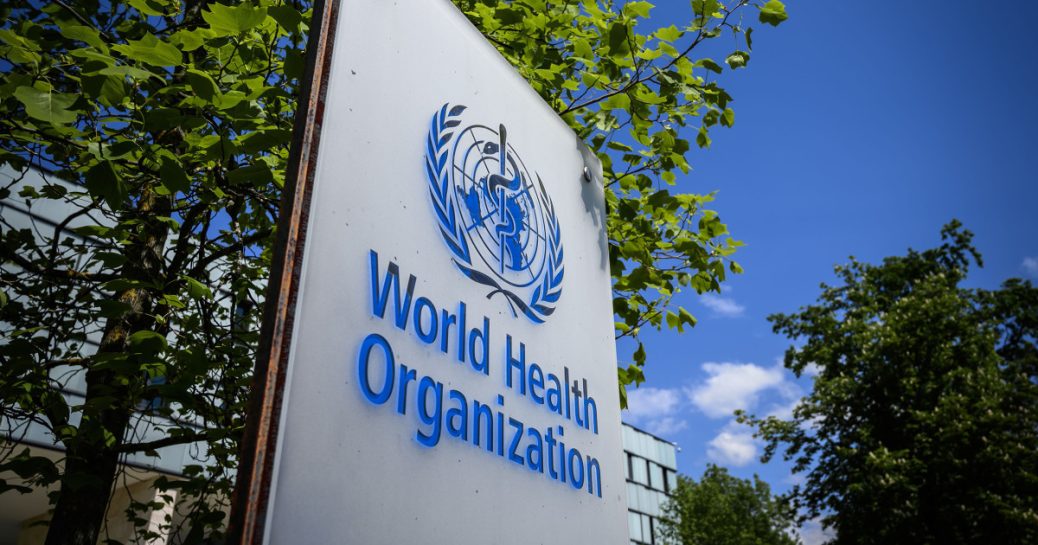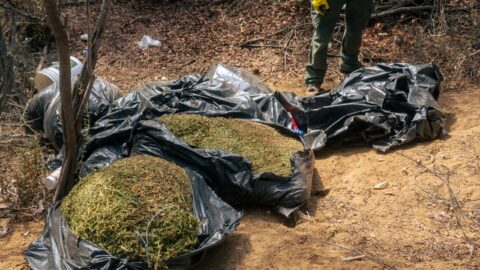
A mysterious disease with flu-like symptoms has killed dozens of people in the Democratic Republic of Congo, according to health officials there.
The unidentified illness has killed 79 people and sickened 376 as of Tuesday, according to the country’s Ministry of Public Health, Hygiene and Social Security.
In a statement on X, the ministry said the disease was of “still unknown origin” and had been detected in Kwango province in southwestern Congo.
Reported symptoms include fever, headache, nasal congestion, cough, difficulty breathing and anemia.
Local authorities told Reuters and The Associated Press that the death toll may be as high as 143.
The health ministry said that the remains of anyone who has died after experiencing similar symptoms should not be handled without the involvement of authorized health authorities, and it asked people to report any suspicious illnesses or unusual deaths. The office also advised people to avoid mass gatherings and observe basic rules of hygiene, including washing hands with soap and water.
Emergency public health officials have been dispatched to the region, according to the ministry.
The World Health Organization told NBC News that it is aware of reports of an unidentified disease and is working with local authorities.
“We have dispatched a team to the remote area to collect samples for lab investigations,” WHO spokesperson Tarik Jašarević said in an email.
The U.S. Centers for Disease Control and Prevention, which has an office in Congo, said it is aware of the situation and is providing technical assistance to a rapid response team dispatched by a local emergency operations center.
Anne Rimoin, an epidemiologist at the University of California, Los Angeles who has worked in Congo since 2002, said diagnosing the illnesses may be complicated by limited health care infrastructure and because of underlying health issues in some of the population, including malaria and malnutrition.
“I think it’s really important to to be aware of what’s happening, and I think it’s also really important not to panic until we have more information,” she said.
“It could be anything,” she added. “It could be influenza, it could be Ebola, it could be Marburg, it could be meningitis, it could be measles. At this point, we really just don’t know.”










Recent Comments